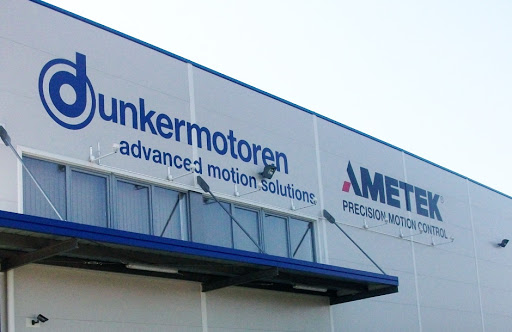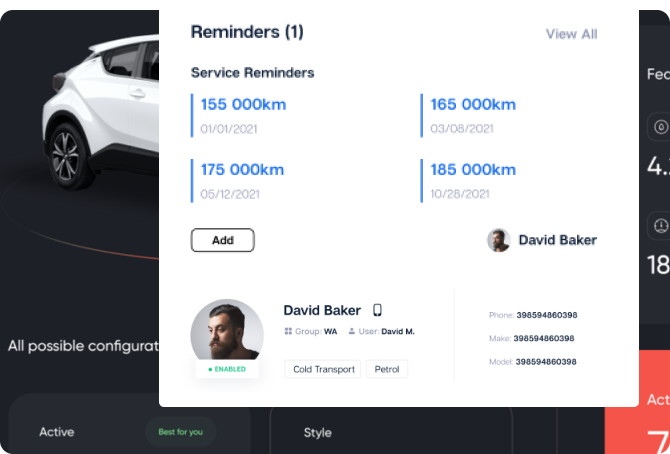Menu
- Home
- Products
- Dynamometers for All Types of Motors
- Dynamometers for EV & Traction Motors
- Dynamometers for Automotive Motors & Power Steering
- IEC-IEEE-CSA-IS Standards
- Mathematical Modeling – PI
- Gear Tester
- Powertrain
- Chassis Dynamometer
- Battery Testing & Simulation
- Bearing Tester
- Power Analyzer
- Transformer Tester
- Solutions
- Industries
- Success Stories
- Resources
- Company
- Home
- Products
- Dynamometers for All Types of Motors
- Dynamometers for EV & Traction Motors
- Dynamometers for Automotive Motors & Power Steering
- IEC-IEEE-CSA-IS Standards
- Mathematical Modeling – PI
- Regenerative Dynamometer
- Gear Tester
- Powertrain
- Chassis Dynamometer
- Battery Testing & Simulation
- Bearing Tester
- Power Analyzer
- Transformer Tester
- Solutions
- Industries
- Success Stories
- Resources
- Company




